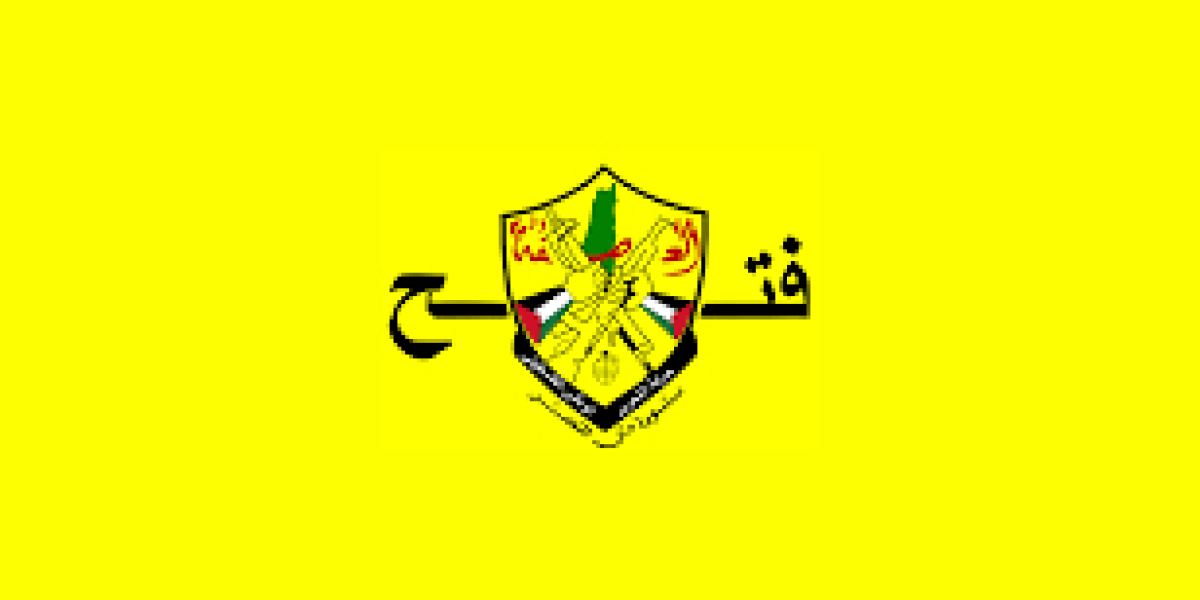Title: The USA's Approach to Labeling Hamas as a Terrorist Organization: A Spin Analysis
Introduction:
The United States' approach to labeling Hamas, a Palestinian political and military organization, as a terrorist organization has been a subject of debate and analysis. In this article, we will delve into the various factors and perspectives surrounding the USA's stance on Hamas, examining the motivations, implications, and potential spin involved in this decision.
Understanding Hamas:
Hamas, an acronym for Harakat al-Muqawama al-Islamiyya, is a Palestinian Islamist organization that was founded in 1987. It emerged as a rival to the secular Fatah movement and gained popularity through its social welfare programs and resistance activities against Israeli occupation. However, Hamas has also been involved in acts of violence, including suicide bombings and rocket attacks, leading to its designation as a terrorist group by several countries.
The USA's Perspective:
1. National Security Concerns:
The primary reason behind the USA's labeling of Hamas as a terrorist organization is its commitment to safeguarding national security interests. The USA views Hamas as a threat to stability in the region due to its past involvement in violence and its refusal to recognize Israel's right to exist. By designating Hamas as a terrorist organization, the USA aims to isolate and weaken the group, preventing it from carrying out attacks that could endanger American citizens or its allies.
2. Support for Israel:
Another key factor influencing the USA's stance on Hamas is its unwavering support for Israel. The USA considers Hamas' refusal to recognize Israel and its use of violence against Israeli civilians as obstacles to achieving a peaceful resolution to the Israeli-Palestinian conflict. By labeling Hamas as a terrorist organization, the USA sends a strong message of solidarity with its ally, Israel, while discouraging any form of support or engagement with Hamas.
The Spin Analysis:
1. Framing the Narrative:
One could argue that the USA's labeling of Hamas as a terrorist organization is a strategic spin aimed at shaping the narrative surrounding the Israeli-Palestinian conflict. By emphasizing Hamas' involvement in violence and terrorism, the USA positions itself as a staunch supporter of peace and security, while portraying Hamas as an obstacle to a peaceful resolution. This framing reinforces the USA's alliance with Israel and justifies its policies in the region.
2. Political Considerations:
Critics suggest that the USA's designation of Hamas as a terrorist organization may also be influenced by political considerations. The USA's support for Israel is a key aspect of its foreign policy, and by categorizing Hamas as a terrorist group, it aligns itself with Israel's perspective and gains credibility in the eyes of its allies. This political spin helps maintain diplomatic relationships and strengthens the USA's position as a global power.
3. Impact on Peace Process:
Labeling Hamas as a terrorist organization can have implications for the Israeli-Palestinian peace process. Critics argue that such a designation may hinder efforts to achieve a negotiated settlement by further marginalizing Hamas and limiting its involvement in future peace talks. This spin reinforces the narrative that Hamas is an irreconcilable extremist group, potentially undermining the prospects for a comprehensive and inclusive peace agreement.
Conclusion:
The USA's approach to labeling Hamas as a terrorist organization is multi-faceted, driven by national security concerns, support for Israel, and strategic political considerations. While the designation serves to bolster the USA's national interests and maintain its alliance with Israel, it also carries potential spin implications by framing the narrative and influencing the peace process. Understanding these perspectives is crucial in comprehending the complexities of the Israeli-Palestinian conflict and the role of international actors in shaping its dynamics.







